

On 26 November 2024, millions of farmers and workers held coordinated protests in over 500 districts across India, marking the fourth anniversary of the farmers’ historic struggle that began alongside a nationwide workers’ strike. The protests were jointly organised by the Joint Platform of Central Trade Unions (CTUs) and the Samyukt Kisan Morcha (SKM) to demand urgent action on a wide-ranging charter of demands (see photos below), focusing on addressing the deepening agrarian crisis, economic inequalities, loss of social security, and government policies that favour corporations at the expense of ordinary citizens.


The one-day nationwide demonstration showcased the continued collaboration between farmers and workers, a unity forged during the protests that began in 2020. ITUC-Asia Pacific affiliates, including Indian National Trade Union Congress, Hind Mazdoor Sabha, Self-Employed Women’s Association, and Confederation of Free Trade Unions India, along with their youth wings, played crucial roles in organising the demonstrations at various places.
Across cities, villages, industrial hubs, and government offices, participants rallied with placards and slogans, demanding equitable reforms in agriculture, labour, and social policies. Urban centres such as Delhi, Mumbai, Chennai, and Kolkata witnessed large gatherings, while rural regions resounded with calls for justice. Despite the peaceful nature of the demonstrations, incidents of police repression were reported in some areas, with injuries and arrests resulting from the use of force against protesters.
People over profit: Workers and farmers demand for fair policies
To urge immediate action on the pressing issues faced by workers and farmers, a memorandum was submitted to India's President Droupadi Murmu. Workers voiced strong opposition to the erosion of labour rights, implementation of new labour codes, stagnant wages, and the lack of comprehensive social security, particularly for those in unorganised and contract sectors. They also resisted the privatisation of essential public services like education, healthcare, and energy, which threatens equitable access for all.

Meanwhile, farmers called attention to the absence of fair minimum support prices (MSP), rising cultivation costs, and mounting debts that have driven many to abandon their livelihoods.
Together, workers and farmers rejected policies that undermine their rights and demanded for a fair and inclusive approach to governance.
.jpeg)
The protest also shed light on the widening gap between inflation and income growth. As prices for basic goods and services soar, minimal increases in wage and inadequate support prices for crops have left families struggling to make ends meet.
Workers and farmers collectively demanded policies that prioritise public welfare over corporate profits. Specifically, they called for the scrapping of the National Monetisation Pipeline and an end to privatisation drives threatening public sector industries and services.

A symbolic show of force and solidarity on Indian Constitution Day
Making it more symbolically powerful, the demonstrations took place on 26 November, Indian Constitution Day. Protesters invoked the principles enshrined in the Indian Constitution —justice, equality, and dignity for all — while criticising the government’s failure to honour these commitments. By organising on this symbolic date, participants emphasised that the rights of workers and farmers are central to India’s democratic foundation and must not be undermined.

The demonstrations received international support, with trade unions and organisations worldwide expressing solidarity through letters sent to the Prime Minister's Office. Support came from unions such as the Canadian Labour Congress, Kuwait Trade Union Federation, LO-Norway, Swedish Trade Union Confederation, ACV-CSC Belgium, and the Australian Council of Trade Unions. These messages emphasised that the struggles of Indian workers and farmers resonate globally.
Shoya Yoshida, ITUC-Asia Pacific General Secretary, stressed the significance of the protests, stating: "The 26 November demonstration was a clear rejection of anti-worker, anti-farmer, and anti-people policies. It demonstrated the strong unity of India’s workers and farmers in their struggle for justice, equality, and the protection of their rights. The ITUC-Asia Pacific stands firmly with them in their fight against policies that undermine livelihoods and democracy."
Reflecting on their collective struggles over the past four years, SKM and CTUs reaffirmed their commitment to intensify the movement in the coming months. The protests drew attention to issues of fairness and equity, resonating with movements advocating for democracy.



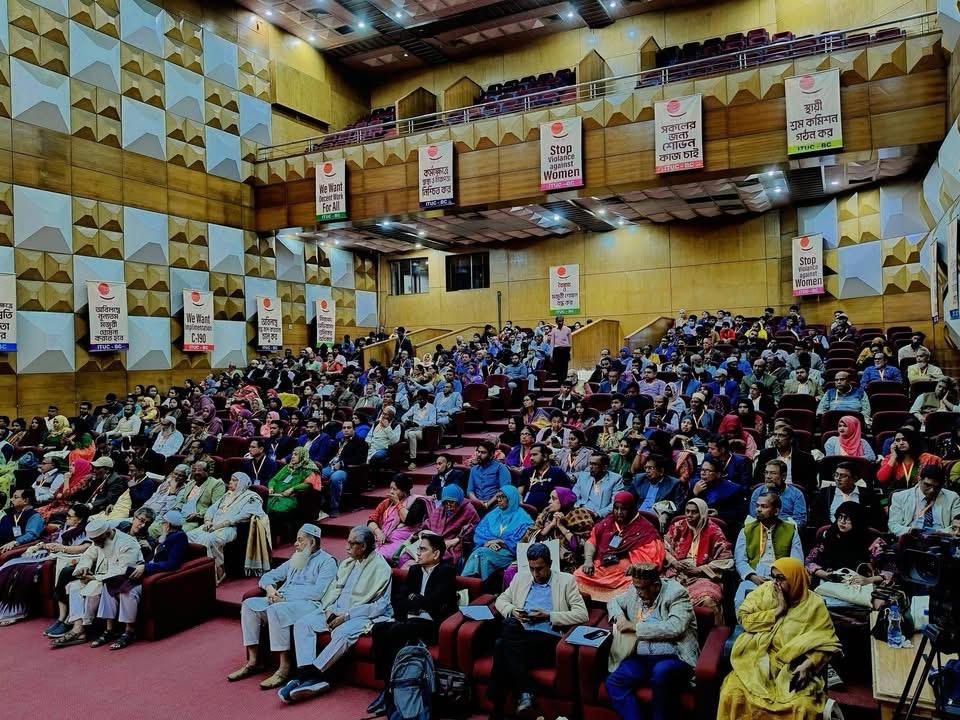











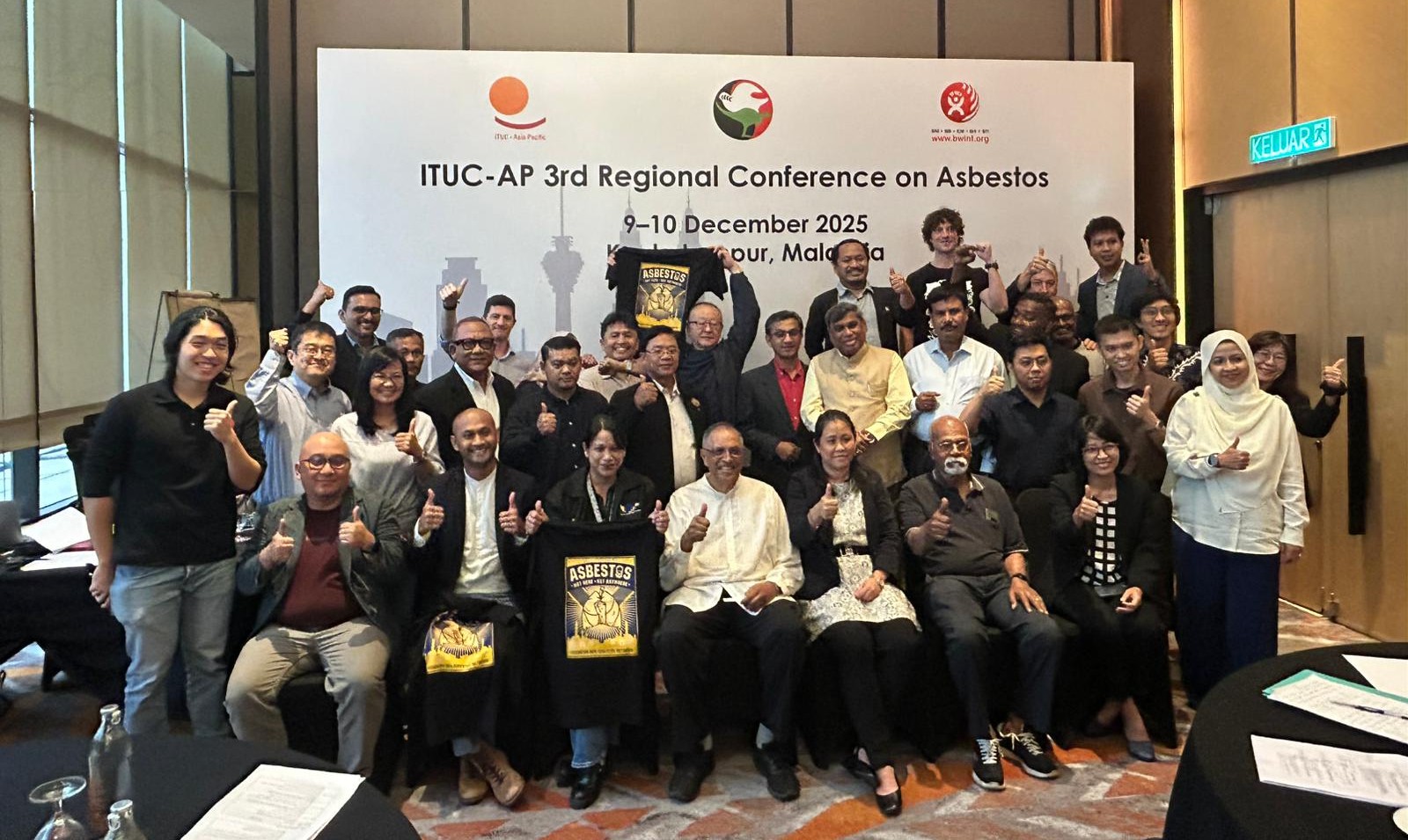





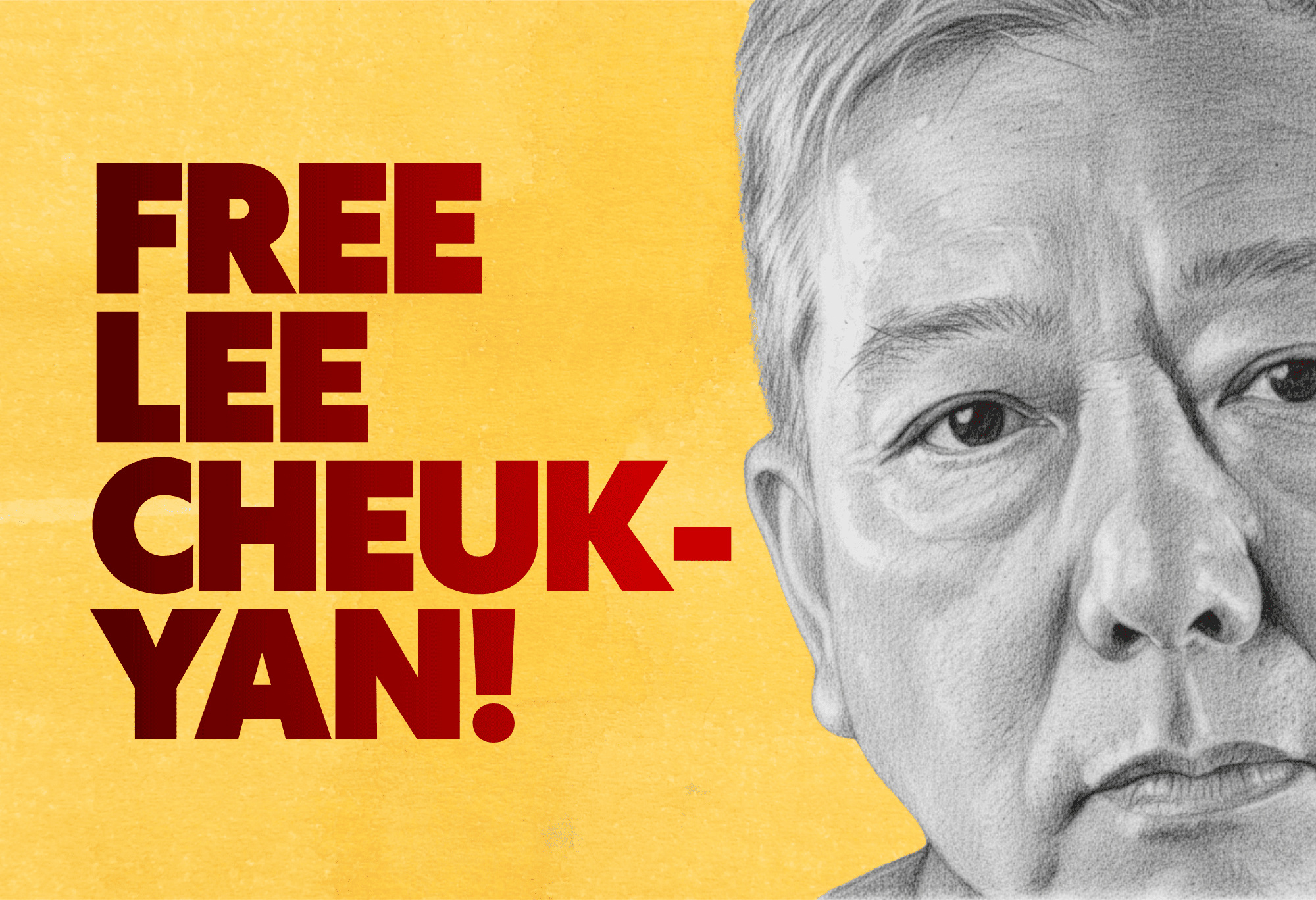





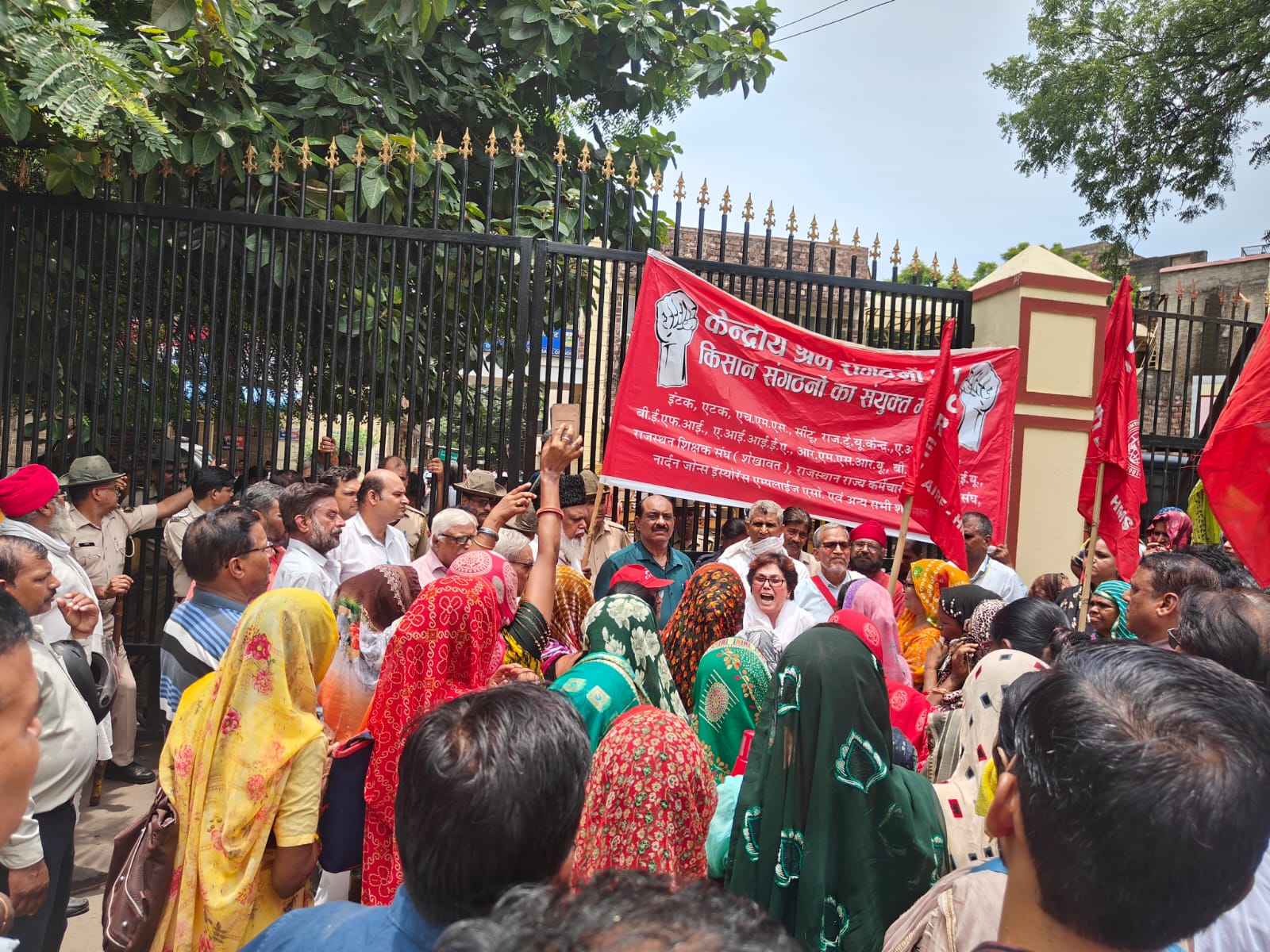





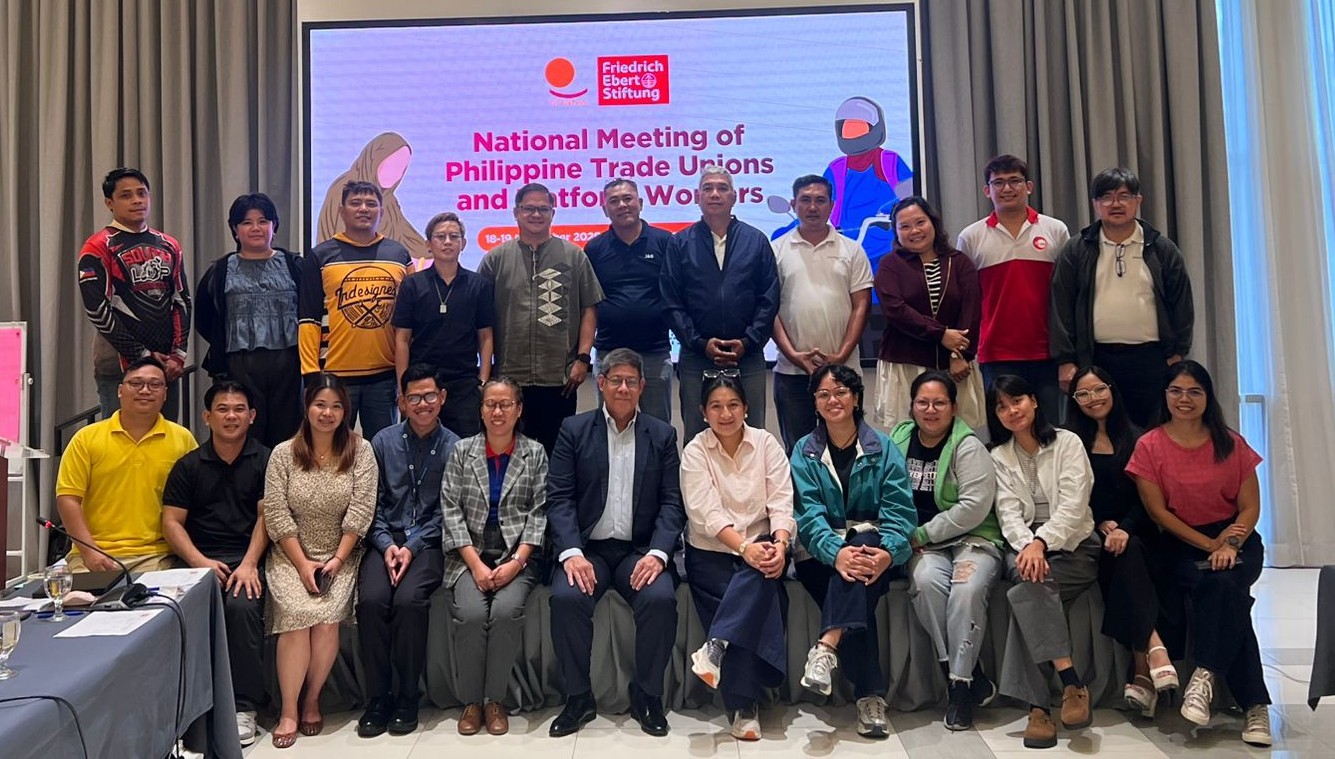





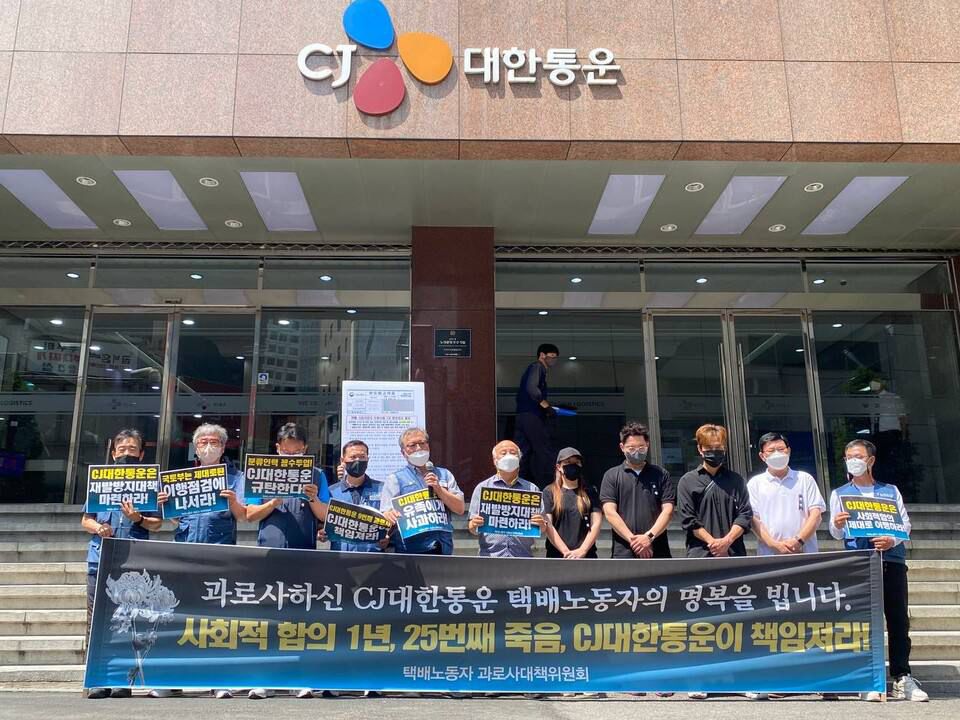





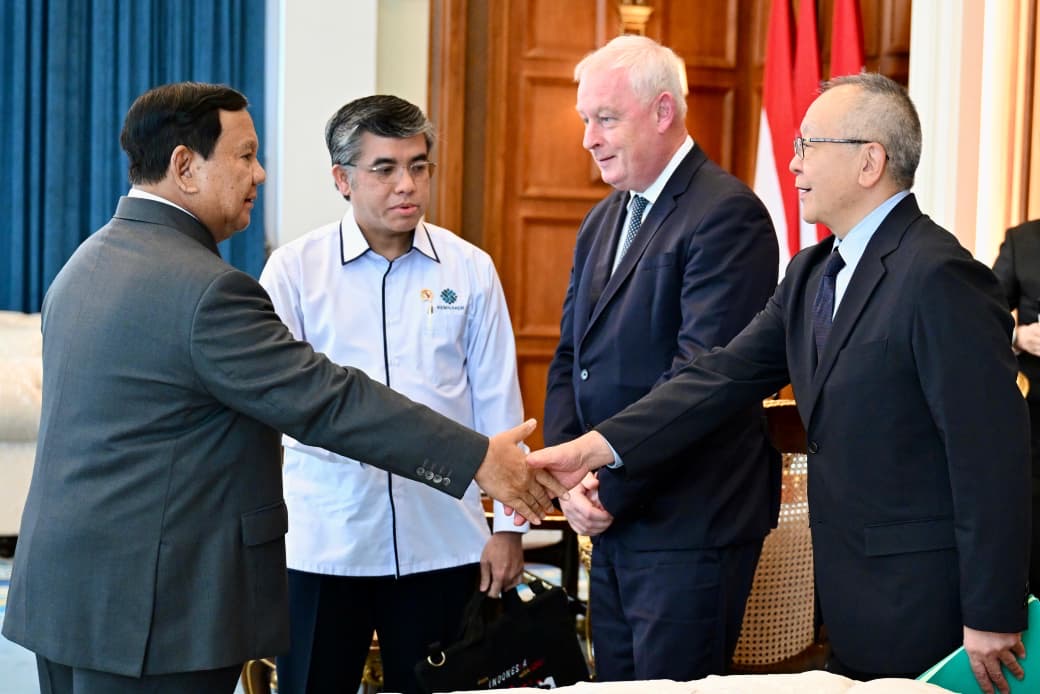





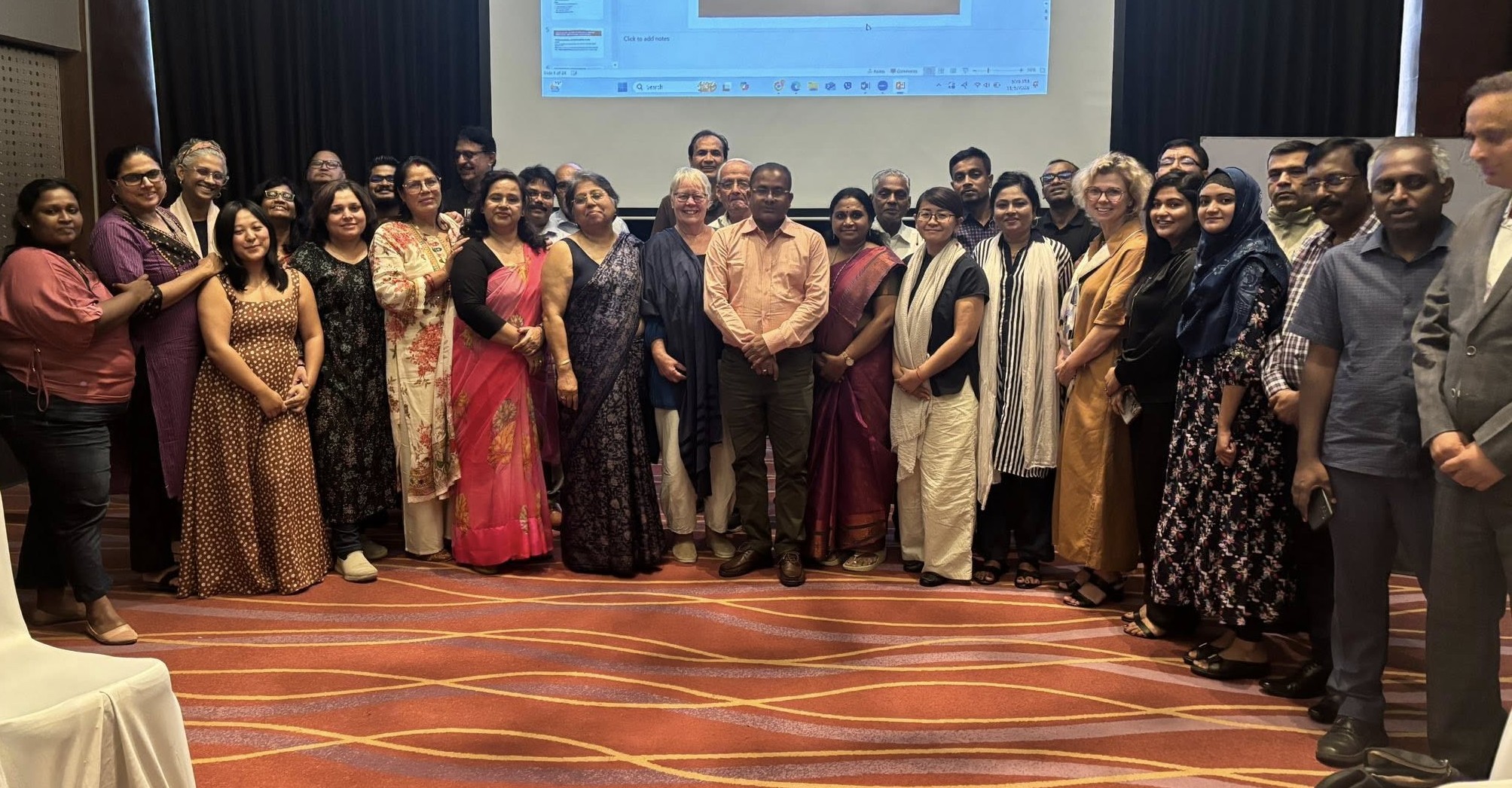





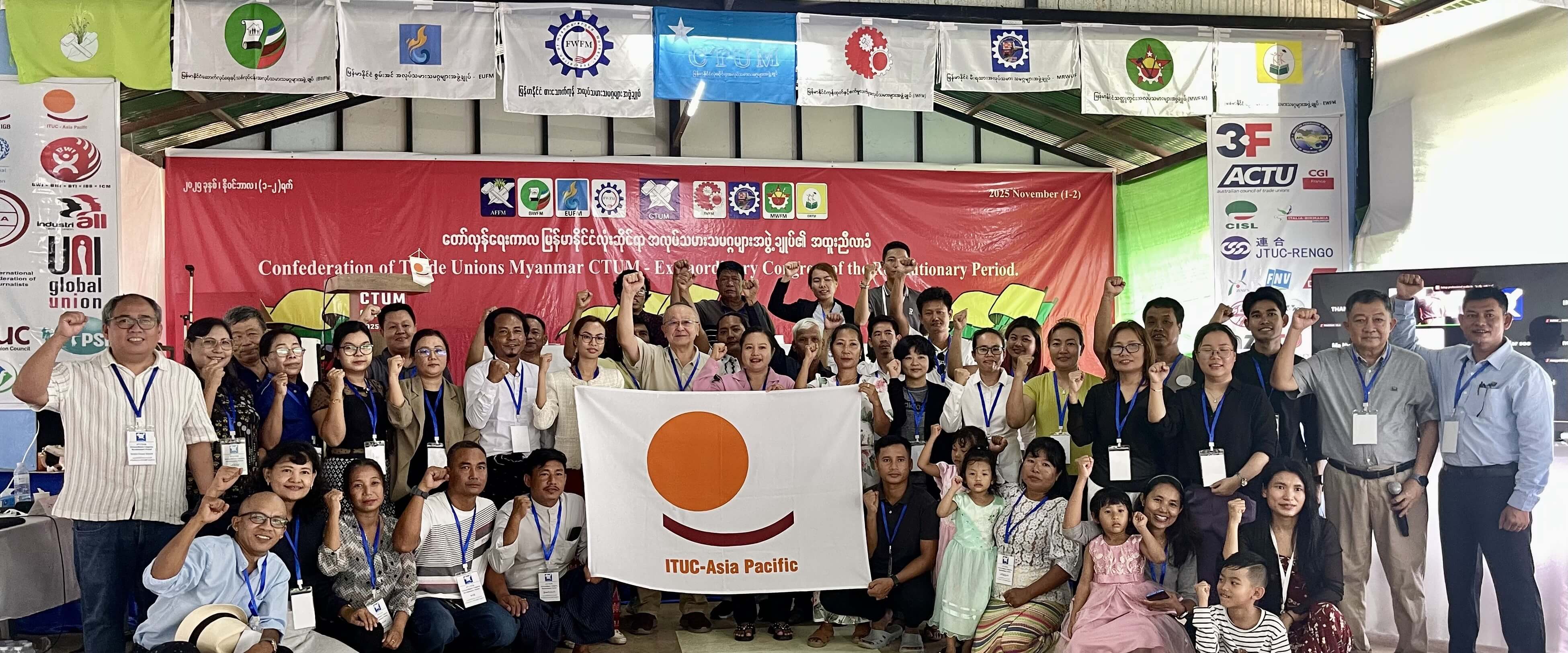





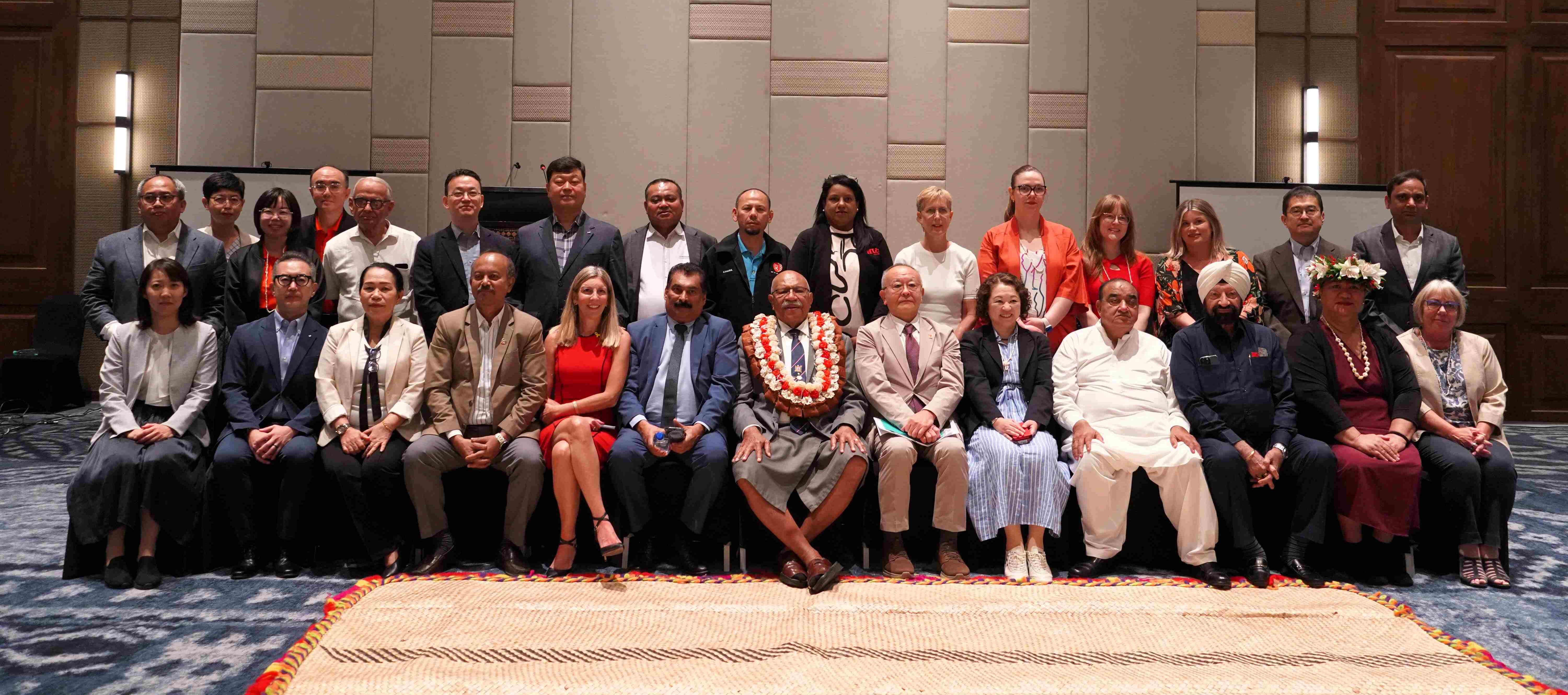





.jpg)


.jpg)














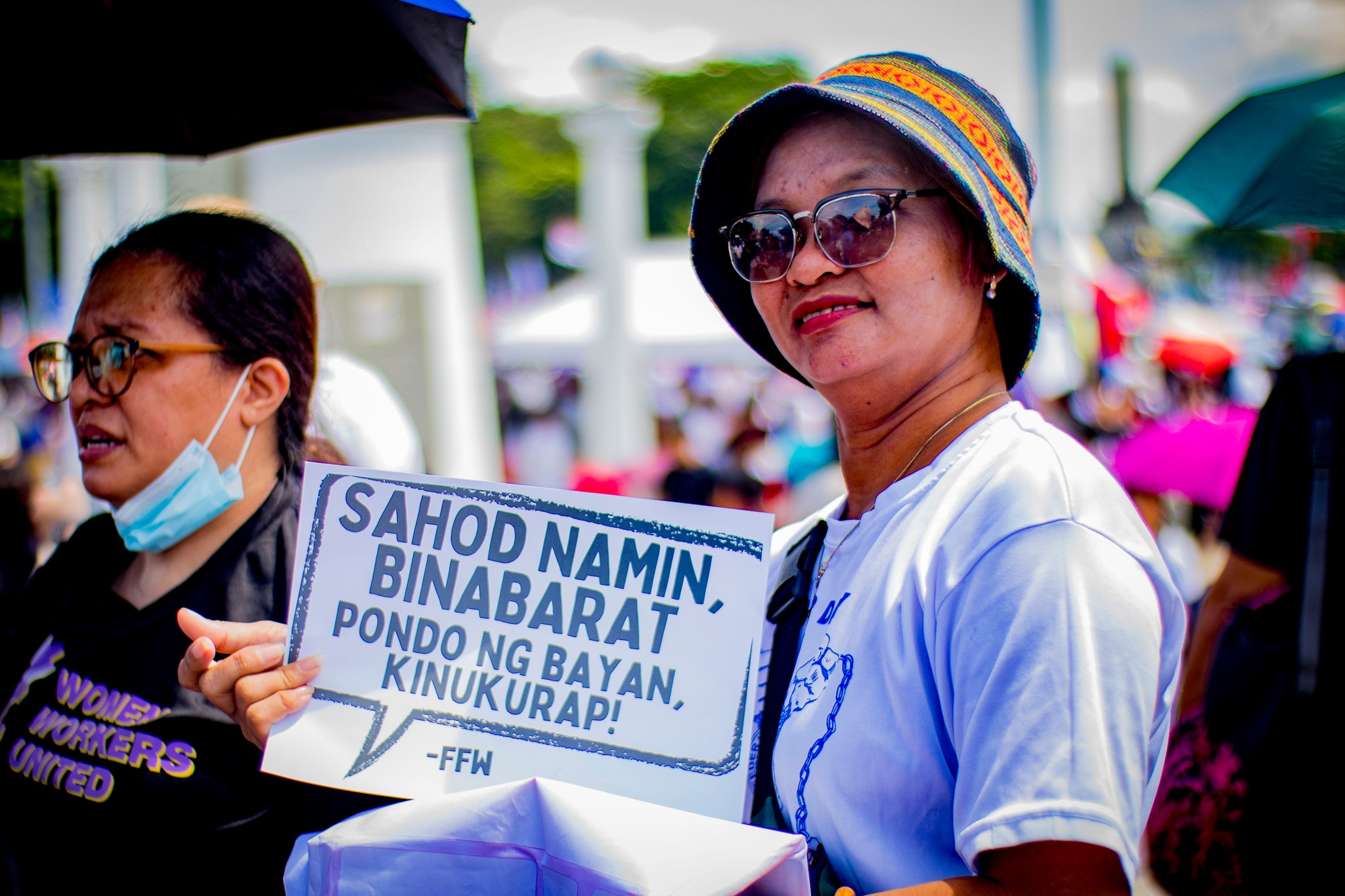





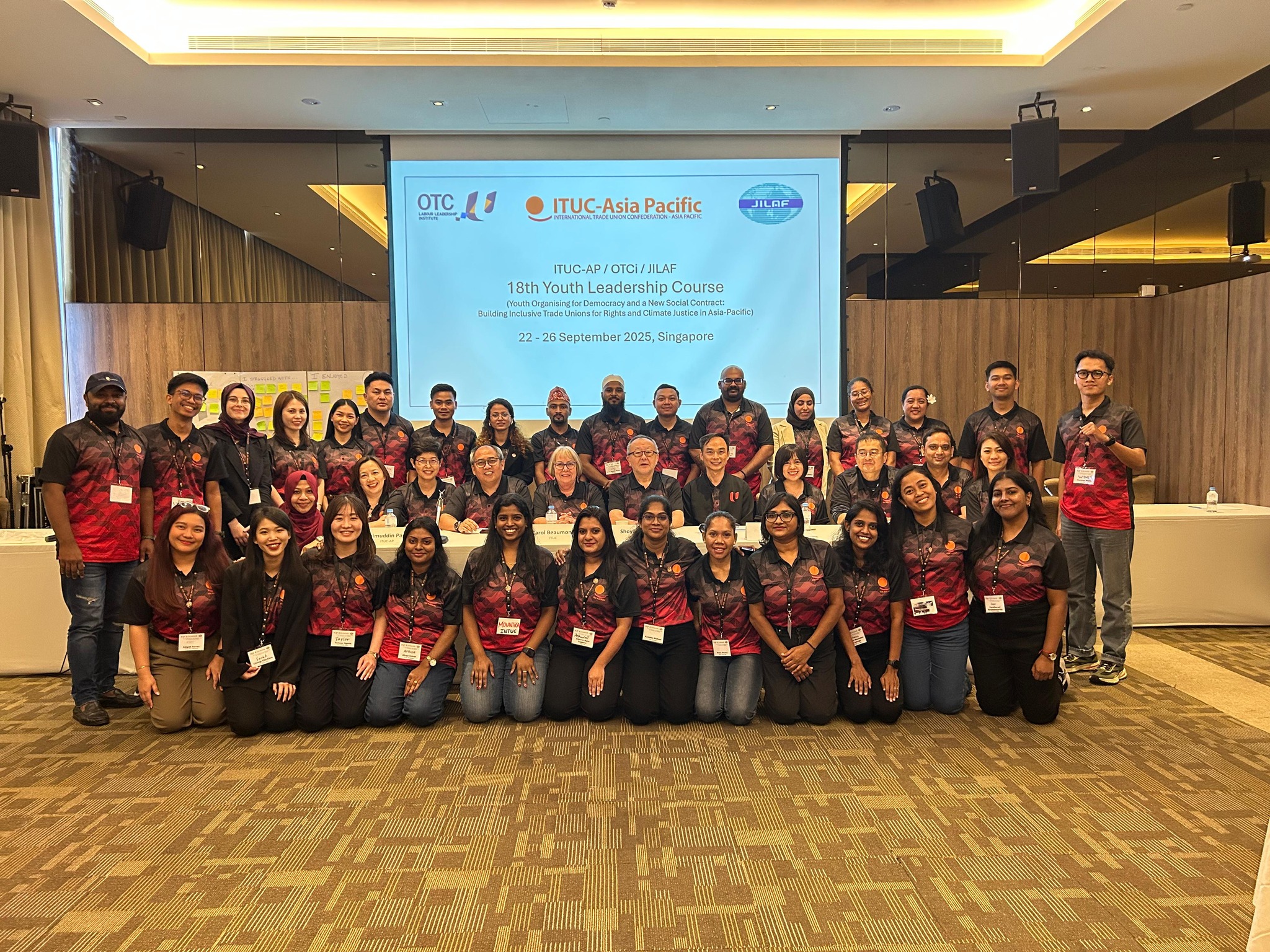





.png)


.png)








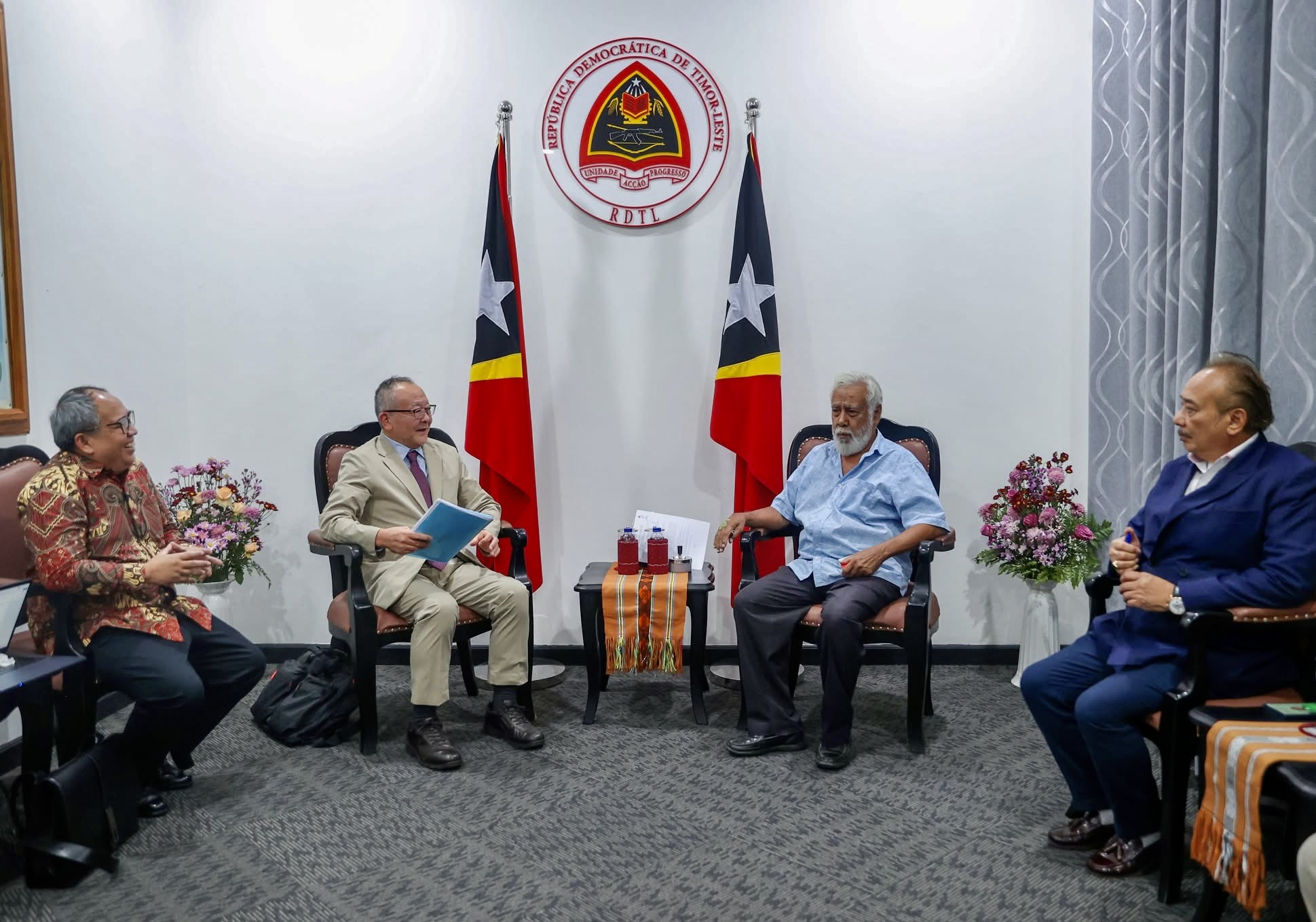





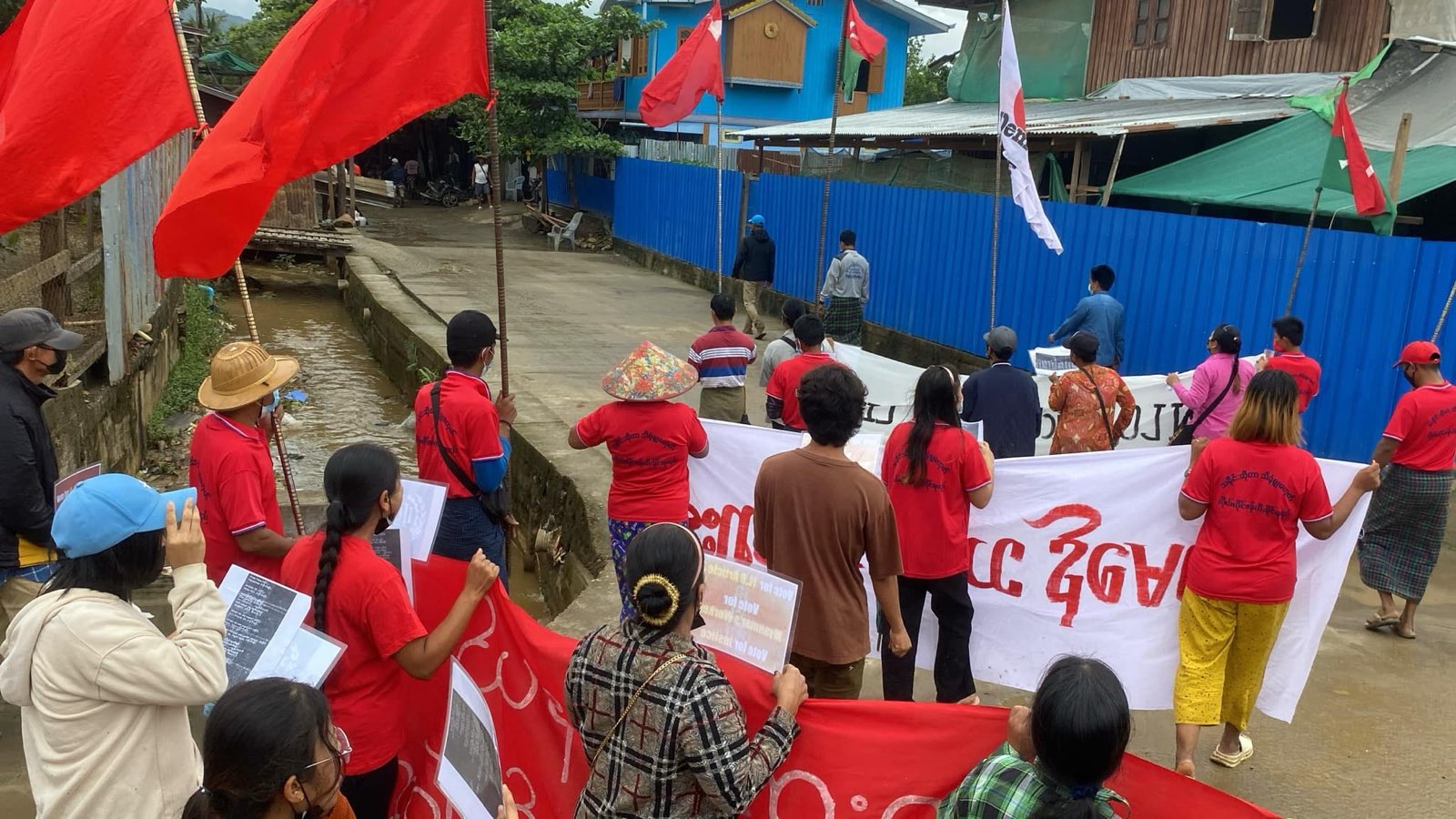





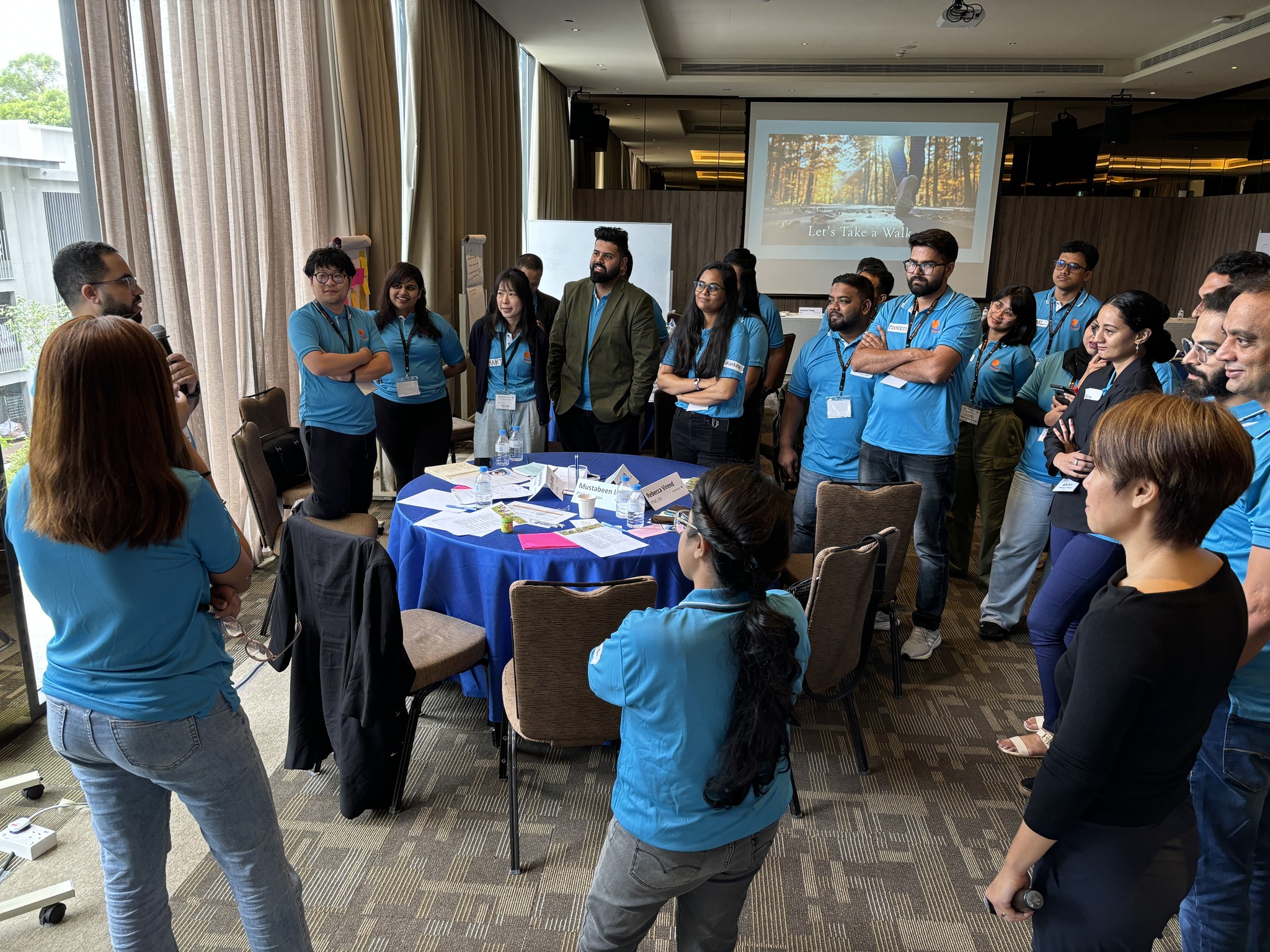





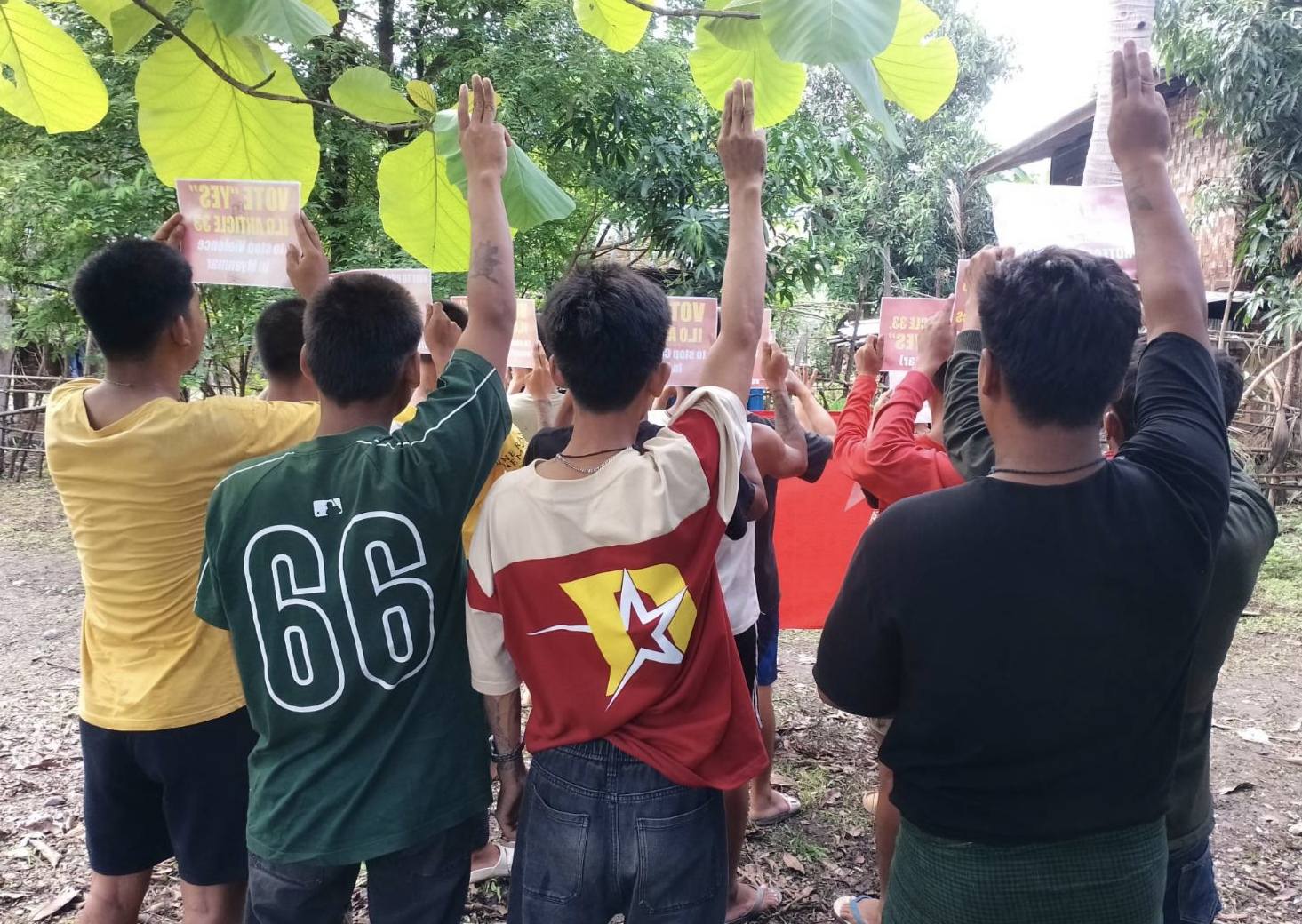





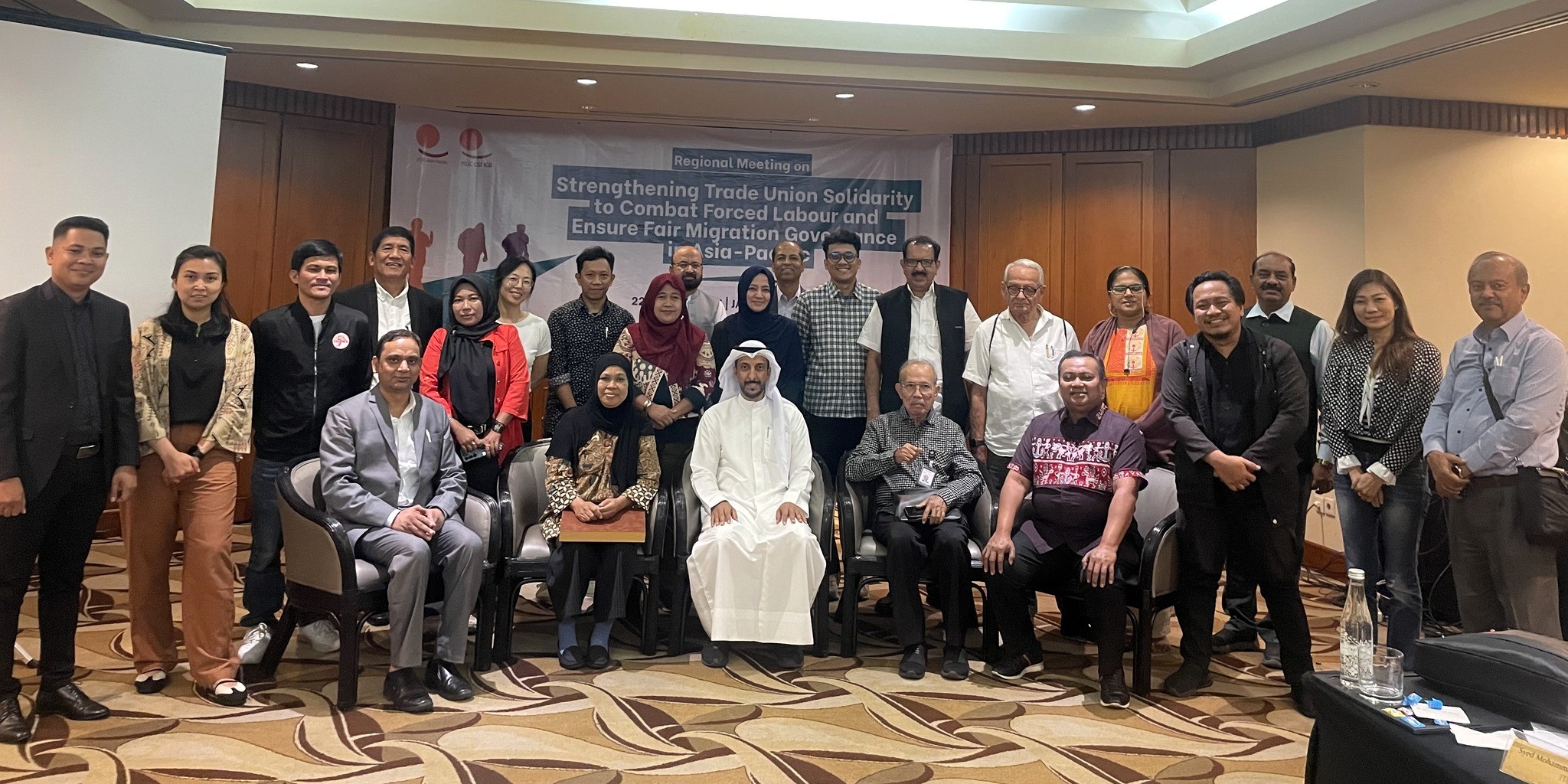























.png)


.png)














.png)


.png)










































































































%20(1).png)


%20(1).png)
























.jpg)


.jpg)














































































.png)


.png)
























.png)


.png)














































































































.jpg)


.jpg)


























.png)


.png)


.png)


.png)

